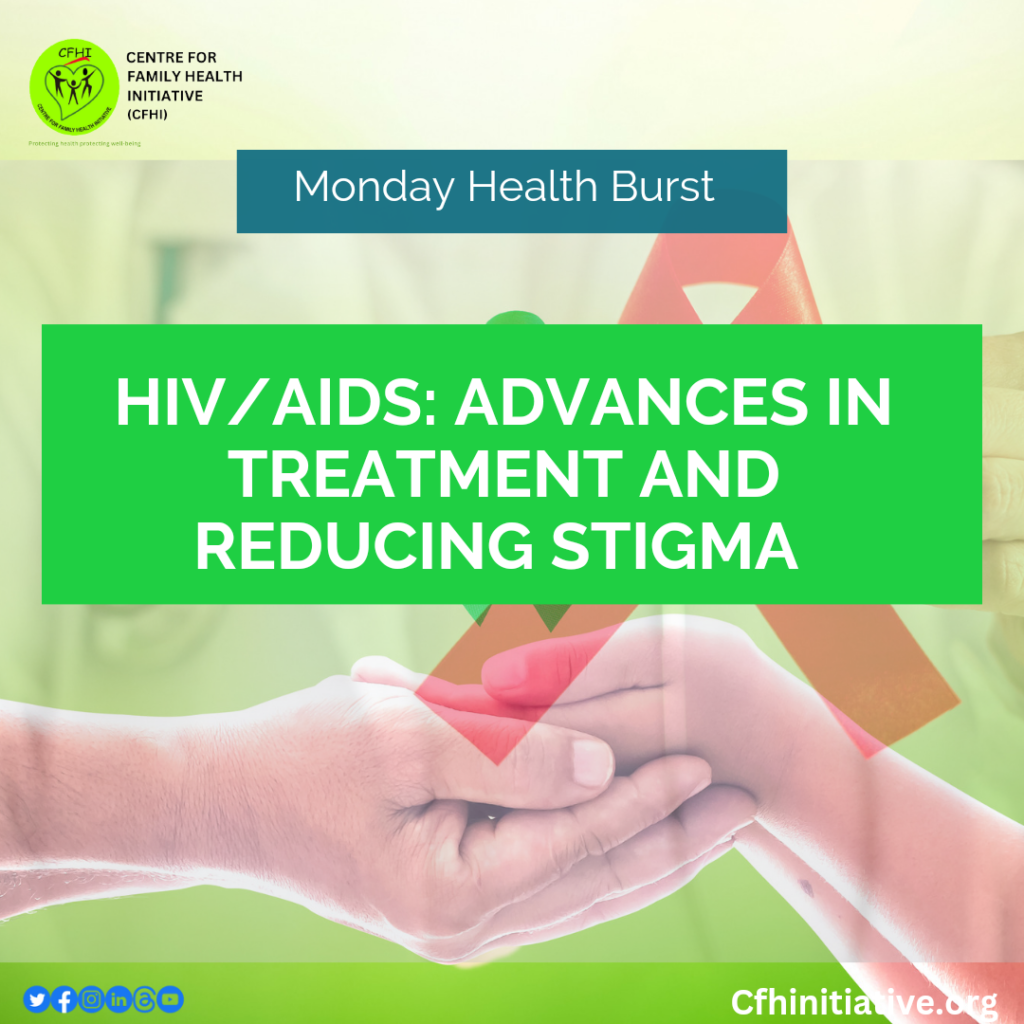Antiretroviral therapy, also known as ART, is a treatment for HIV. Thanks to advancements in medical research, the therapy has become more efficient with fewer adverse effects. ART therapy has allowed those infected with HIV to live healthier and longer lives. Also, pre-exposure prophylaxis (PrEP) is available for people at high risk of contracting HIV.
According to the Joint United Nations Programme on HIV/AIDS (UNAIDS), there are 23.3 million people globally on HIV treatment currently. An individual who is living with HIV and starts taking antiretroviral therapy today can expect to have the same life expectancy as someone who is HIV-negative and of the same age. (UNAIDS)
HIV medication comes in two forms: Pills and Shots.
Several FDA-approved medications are available for HIV treatment, which can be taken either as a single pill or a combination therapy. If you have recently started HIV treatment, taking drugs is recommended. However, you may consider getting shots if you have been virally suppressed for at least three months or have an undetectable viral load. Shots are long-acting injections used to treat HIV. Your doctor must schedule routine office appointments to administer the doses. Depending on your treatment plan, you may receive an HIV therapy shot once a month or once every other month.
Although there are HIV treatments available, stigma and discrimination remain significant barriers to HIV prevention, treatment, care, and support. Research has demonstrated that stigma and prejudice, in particular, impair HIV prevention efforts by causing people to be unwilling to seek HIV information, services, and therapies to lower their risk of infection and to adopt safer behaviours for fear that doing so may raise questions about their HIV status. (UNAIDS). Research has also indicated that people living with HIV are discouraged from disclosing their status, even to family members and romantic partners, and that this hinders their ability and motivation to seek and adhere to treatment. This fear of stigma and discrimination is also linked to a fear of violence. (UNAIDS).
Over the years, CFHI, in collaboration with the Institute of Human Virology Nigeria (IHVN), Catholic Caritas Foundation Nigeria (CCFN), and other funders, provides community-based interventions to more than 20,000 vulnerable children and their caregivers. These interventions include but are not limited to, healthcare services, nutritional support, education and vocational training, psychosocial support, and household economic strengthening.
It is important to note that HIV cannot be cured, but it can be managed with the help of HIV medication. Within six months, the majority of people can control the infection. (UNAIDS)
Monday Health Burst is an initiative of CFHI to address issues of basic health concern. Join us every Monday on all our social media platforms for more episodes




